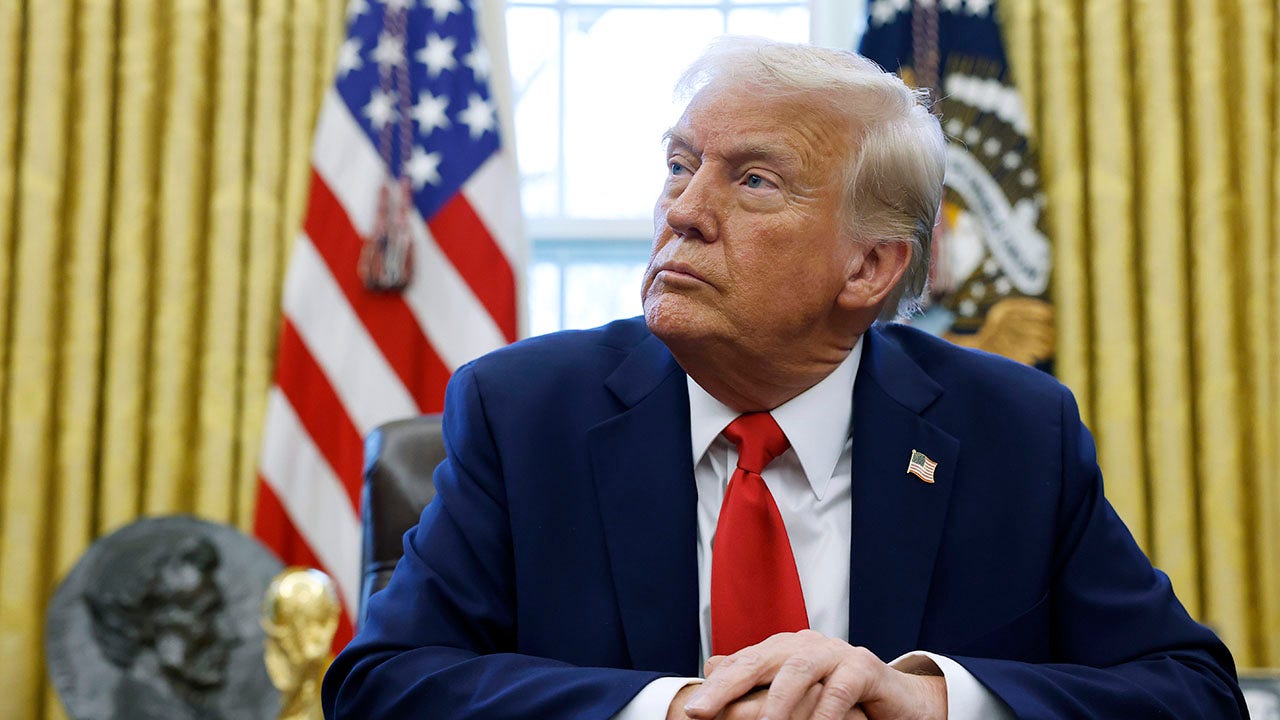Trump says Harvard’s foreign students are from countries paying ‘nothing’

President Donald Trump recently took aim at foreign countries for what he perceives as a lack of financial contribution towards the education of their citizens studying at prestigious U.S. institutions like Harvard. This criticism comes amidst an ongoing dispute between the Trump administration and Harvard University over the revocation of the university’s ability to enroll foreign students.
In a series of tweets on Truth Social, Trump questioned why Harvard, with nearly 31% of its students hailing from foreign countries, does not disclose the lack of financial support from those nations. He emphasized that these countries, some of which are not friendly towards the United States, do not pay anything towards their students’ education and have no intention of doing so. Trump called for transparency from Harvard, demanding to know the identities and nationalities of these foreign students, especially since the university receives billions of dollars in funding.
The clash between the Trump administration and Harvard escalated when a judge temporarily halted the government’s move to cancel the university’s student visa program. Harvard filed a lawsuit against the federal government, arguing that the policy would affect over 7,000 visa holders, constituting a significant portion of the student body. The university claimed that the administration’s actions violated the First Amendment, the Due Process Clause, and the Administrative Procedure Act.
The Department of Homeland Security initiated the termination of Harvard’s visa program due to the university’s alleged failure to provide extensive behavioral records of student visa holders as requested by the agency. The records sought included footage of protest activities, even non-criminal ones, disciplinary records, and any instances of illegal or violent behavior by student visa holders.
Harvard condemned the new policy as “pernicious” and accused the administration of deviating from established practices without a rational explanation. The university argued that the abrupt implementation of the policy disrupted the lives of thousands of students without following proper procedures.
Amidst these developments, Secretary of State Marco Rubio revealed that the administration had already revoked the visas of numerous Harvard students engaged in campus protests. Trump’s administration has also frozen federal funding to the university, citing concerns about campus antisemitism and diversity, equity, and inclusion practices.
As the situation unfolds, it remains to be seen how the conflict between the Trump administration and Harvard will be resolved. The impact on international students, academic freedom, and institutional autonomy raises critical questions about the intersection of politics and higher education in the United States.




